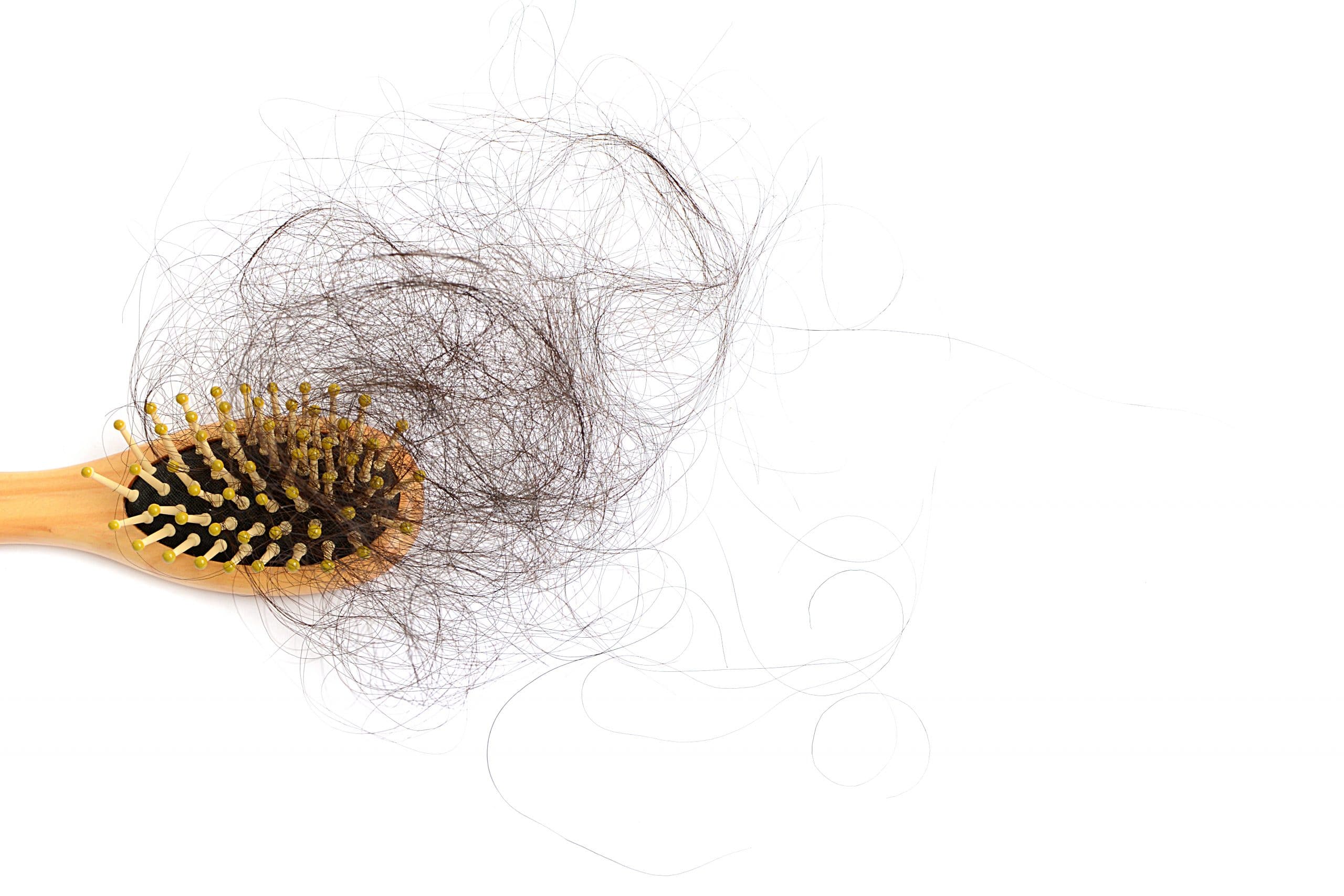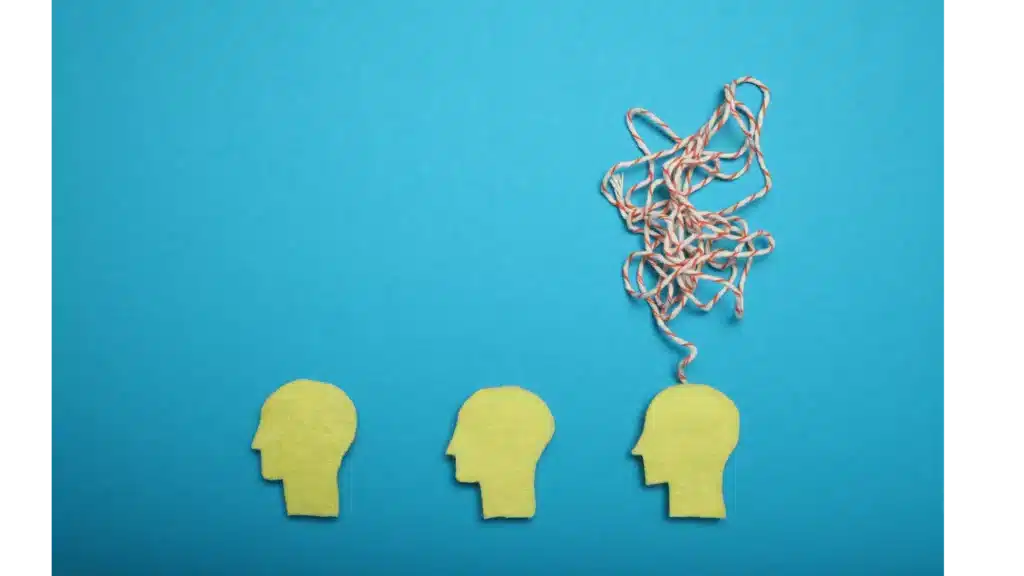
Frequently Asked Questions About Hair Loss in Singapore
- March 15, 2022



When we talk about hair loss and frequently asked questions about hair loss and hair loss treatments in Singapore, we should first know that it is impossible to never lose any hair in our lives. Losing hair is part and parcel of our lives, because hair is half-dead – the hair that grows out of our heads are made out of keratins and proteins that are technically already non-living and without a blood supply; the hair root that actually grows the cells also has a limited time span of growth (about 2-6 years).
So, hair loss is normal. Hair loss is only not normal when there is a medical condition involved, or when the body decides to push more hair cells into the shedding phase. This article will go through some hair loss FAQs to help you understand hair loss more!
Unfortunately, yes!
Our hair undergoes so many changes as we get older, more than just gradually turning grey. As we grow older, our hair follicles which typically run like clockwork start to stumble and hit some glitches. Instead of staying their intended 2-6 years in the active growth phase, the ageing hair starts to hang out a lot longer in the resting/shedding phase.
Suddenly, instead of taking time off from work for its typical 5-6 weeks in the resting phase before heading back into growing again, your hair follicles decide that they deserved a longer break after all those years of hard work, and stay for longer in the shedding phase – this means that more hairs start falling out, and less hairs stay growing.
That’s not the only change that happens either. As ageing happens and oxidative stress increases, the stem cells in our hair root that usually ‘communicate’ to the cells that it’s time to grow new hair cells becomes disrupted. And just like in our skin, collagen begins to degrade naturally. Disrupted stem cells begin to get sloughed off, and the hair follicle begins to shrink in a very similar way like in male pattern baldness (miniaturisation). The combination of all these causes more hair loss as we get older.
Treatments will focus on scalp treatments to combat the effects of oxidative stress, and medication like minoxidil can help to increase blood flow to the hair follicles.
In the clinic, we may perform a ‘pull test’ where we gently tug on a section of about 50 hairs and examine the hair bulbs of the hair that comes off under a microscope to identify if most of those hairs are in the telogen/shedding phase. You can perform a similar ‘comb test’ at home, where you lean over a light-covered towel and brush your hair from front to back gently for 1 minute. Count the hairs that land on the towel, and there should only be around 10-15 hairs that have dropped. Any more than that, say about 20 or more, could be an indication that you are experiencing hair loss that is higher than average.
A common hair loss FAQ, this question appears in nearly every consultation! Three common causes are:
To put it bluntly… Yes, this is something you can blame your parents for. Men whose fathers had hair loss were 2.5 times more likely to have some level of hair loss as well, and 40-54% of females experiencing pattern hair loss report a family connection as well.
When your scalp comes into contact with a substance that triggers sensitivity, it can cause contact dermatitis and result in rashes plus irritation of the hair follicles. In others, an excessively oily scalp can cause overgrowth of yeast fungus resulting in seborrheic dermatitis. Both these conditions can cause extreme itching, inflame and damage hair follicles, and cause hair loss.
Sudden or prolonged stress causes increased cortisol levels by our adrenal glands. The cortisol increases proinflammatory cytokines that disrupt normal signalling in the dermal papilla (the part which regulates hair growth). This prevents hairs from moving into the active growth stage, leaving more to shed but less to grow.
Also Read: Hair Loss In Women – Things You Need To Know
Yes! There are plenty of treatments available right now, but be sure to choose one that is safe and proven to produce results.
Medications like minoxidil and finasteride can help to stimulate hair growth as well as prevent further shedding. They do have to be used for at least 6 months to see results, so stay patient. Good things take time, right?
Unfortunately, for a small portion of the population, those good things take all the time they want and still don’t appear. Those affected with severe and progressive hair loss usually find that they require more serious measures like a hair transplant surgery. Modern hair transplant techniques make it much faster, safer, and with less visible scarring than before.
Seeing results with medication, want to get better results, and not ready for a hair transplant? Regenera Activa is a regenerative medicine treatment that harvests cells from your own healthy hair, and injects them into thinning areas. Your body’s own stem cells and growth factors can help reverse the signs of hair loss.
Honestly, there is no cure for genetics. If there were, there would be a lot less sick people in this world. But one thing is possible – preventing the progression of hair loss as best as you can. This includes not just medications and hair loss treatments in Singapore, but also a full assessment of your lifestyle. Increasing your antioxidants, reducing stress, and having enough sleep can go a long way in giving those medications their best chance of working optimally. For conditions like scalp irritation causing hair loss and telogen effluvium from stress/illness, it is normally curable with the right medications.
You may have more hair loss FAQs that haven’t been answered here in this article. If you do, contact us today at SL Aesthetic to book a consultation. Let’s normalise speaking up and advocating for our health – even hair loss!
Like what you read? Share them!